Terroism, development of more advanced international crime syndicates and an increased military tension has created a higher demand for new technology and technical anti-terror solutions.
Swedish international industrustrial defence company SAAB has developed a new system for customs, police, military and other government agencies, specifically targetted in the increasing unauthorized use of drones. There ahve a number of serious incidents where terrorists and criminals have been using drones recently.
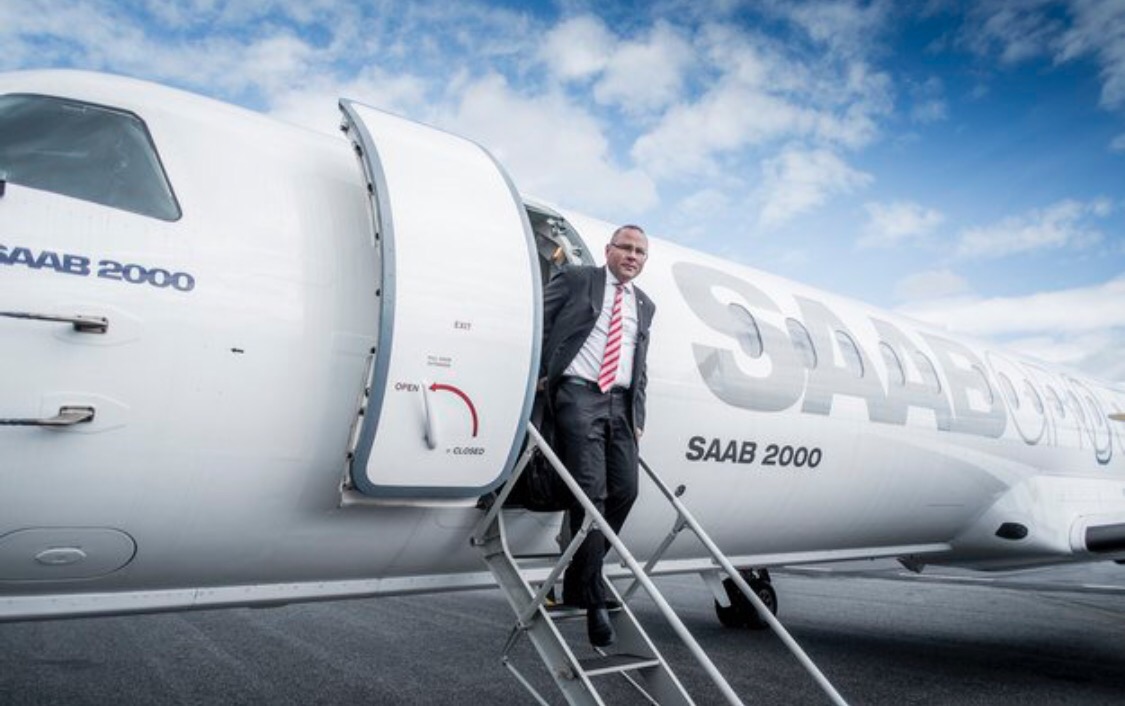
“We have invested a lot in order to meet this type of threat. We have developed a new radar that can find very small units“, says the SAAB CEO Håkan Buskhe.
He is referring to the new radar family, SAAB recently begun to deliver. This radar model can detect very small objects from a large distance.
The new drone protection system will be able to cover an entire city and both find and follow the drone, but above all to figure out where those that control the drones are somewhere. The latter is difficult today, and the culprits usually get away.
“We test the system in a number of markets right now and are in the final phase of testing. We will be ready to deliver the system in 2017“, says Buskhe.
Today Jens Stoltenberg made another great speech, on the five year day lf the Utöya teerorist attack. Stoltenberg, the PM of Norway, is famous for his speech about fighting terrorism with more openess and more democracy after the terrorist attack that caused the death of 77 people, 69 on the island of Utöya – most of them young people.
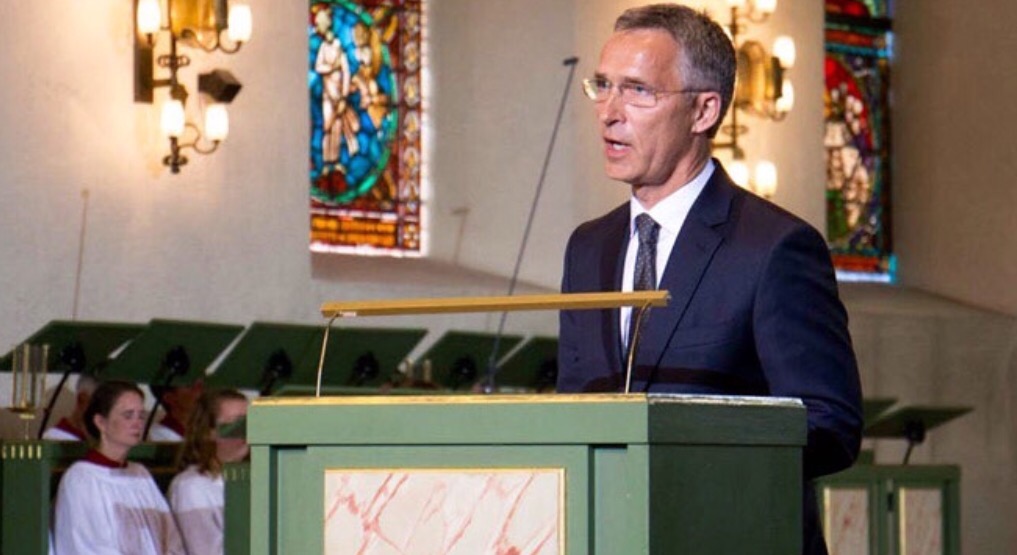
In his speech today Stoltenberg talked about sorrow. He said:
Sorrow is a long road.Wounds inflicted by terror never heal. Scars never fade.We never get over the pain of our loss.
But like our writer Lars Saabye Christensen wrote:
I see: the sorrow is of a solid materialWe are the blacksmiths of sorrow, we hammer it, We twist it, we bend it and we shape it. Until we realise: the sorrow cannot diminish the past.
Great true words. Today we think about the victims of the Utöya massacre and other terrorist attacks.
Here is a link to the entire speech: Jens Stoltenberg Speech 2016
Developing countries lose an estimated 23 billion U.S. dollars annually through failure to comply with Group of 20 non-tariff measures, according to the UN Conference on Trade and Development (UNCTAD).
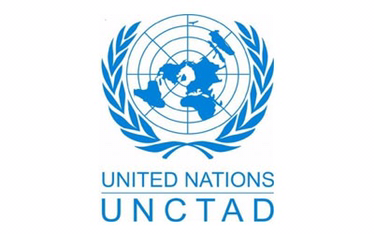
According to new data published by UNCTAD, the loss is equal to about 10 per cent of the exports of the developing countries to the Group of 20 (G20).
The G20 is an international forum for the governments and central bank governors from 20 major economies comprising 19 countries plus the European Union.
Non-tariff measures cover a broad range of legitimate and important policy instruments, including measures to protect the health of a country’s citizens and its environments.
Non-tariff measures may limit the use of pesticides in food but as tariffs have fallen to historic lows, non-tariff measures have replaced them as a key brake on faster global trade growth.
UNCTAD Deputy Secretary-General Joakim Reiter said the expansion of the middle classes in many countries was expected to increase demand for safer and cleaner products. Reiter said this, in turn, might require countries to introduce more non-tariff measures adding, these kinds of measures are becoming increasingly widespread.
 Joakim Reiter, Deputy Secretary General of UNCTAD and Swedish Top Diplomat
Joakim Reiter, Deputy Secretary General of UNCTAD and Swedish Top Diplomat
“For example, measures on the cleanliness and pathogen-free status of food – known as sanitary and phytosanitary measures – cover more than 60 per cent of agricultural trade. Such regulatory measures disproportionately increase trade costs for small and medium-sized enterprises and developing countries, particularly the least developed. We estimate, for example, that the impact of the European Union’s sanitary and phytosanitary measures come to a loss of about three billion U.S. dollars for low-income country exports.”
You can read the entire article here: Article about developing countries







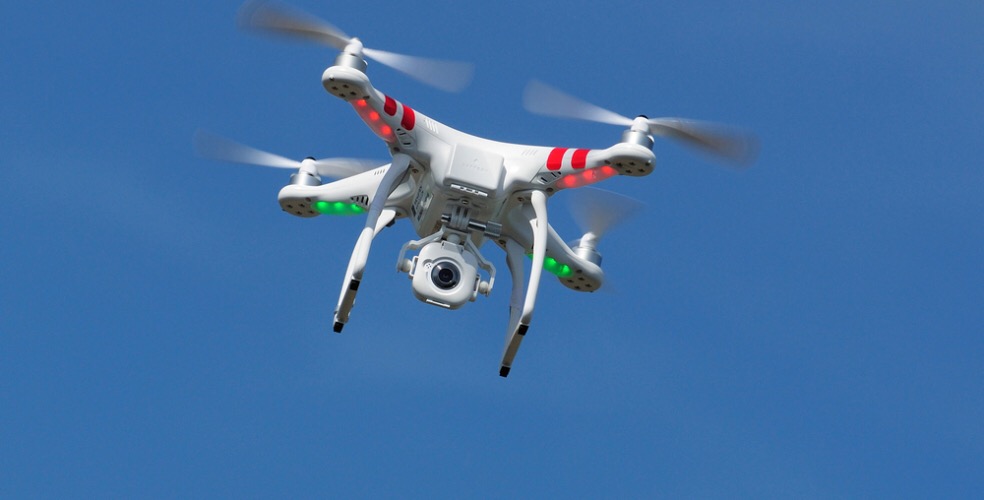
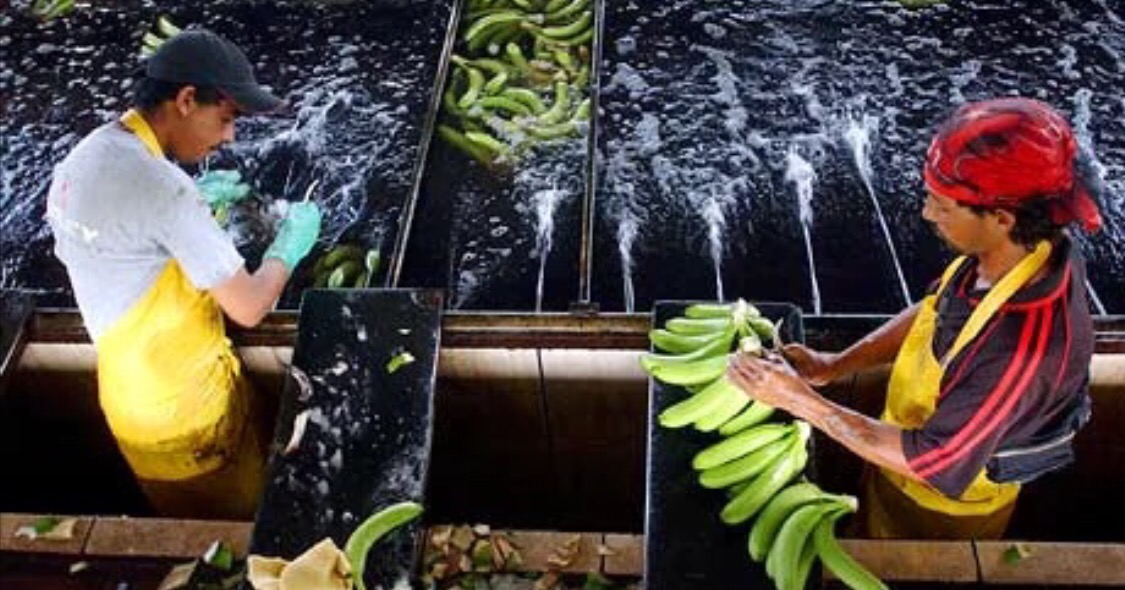
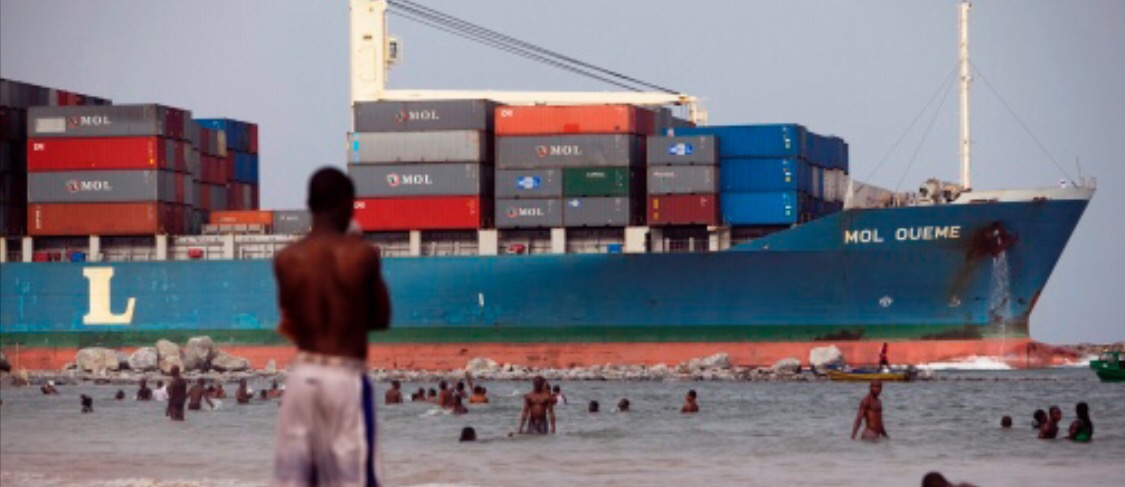
You must be logged in to post a comment.